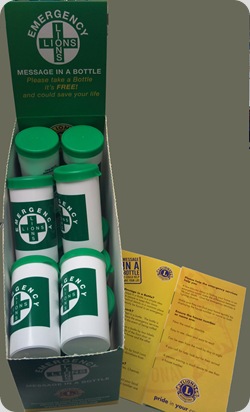by Kazeem Olalekan
 In June 2010, Karen Liebreich wrote an article in the The Telegraph (1) about the mystery of the message in the bottle. The piece is based around her fruitless search for the author of a heart-rendering letter found washed up in a bottle off the Kent coast. The author of the letter was eventually found and the author’s heart wrenching account was detailed in the article and book: Letter in a bottle by Karen. The mother that wrote the letter was quoted as saying: “What helped save me was the spiritual journey I have been on throughout these years, a great deal of reading of Hindu and Buddhist texts.”
In June 2010, Karen Liebreich wrote an article in the The Telegraph (1) about the mystery of the message in the bottle. The piece is based around her fruitless search for the author of a heart-rendering letter found washed up in a bottle off the Kent coast. The author of the letter was eventually found and the author’s heart wrenching account was detailed in the article and book: Letter in a bottle by Karen. The mother that wrote the letter was quoted as saying: “What helped save me was the spiritual journey I have been on throughout these years, a great deal of reading of Hindu and Buddhist texts.”
The first recorded message in a bottle (according to Wikipedia) dates as far back as 310 BC when the ancient Greek philosopher; Theophrastus conducted an experiment to show that the Mediterranean Sea was formed by the inflowing Atlantic Ocean (2).
The key point is that messages in a bottle are unique forms of communication and are very useful for scientific studies of ocean currents.
In the age of fast electronic communication, you will be forgiven for thinking this kind of communication will be obsolete. You will be wrong! The story described by Karen in her book is that of a mother’s emotional journey after such a catastrophic loss of a child. It was her way of letting go. That type of communication work on a totally different level – a spiritual level!
This method of communication is also rearing its head in a totally new and imaginative sets of circumstances. A few years back I came across the initiative by the UK Lions Club aptly named “Message in a bottle”. Lions Club is of course “an international network of men and women who work together to answer the needs that challenge communities across the world”. The “Message in a bottle” scheme is remarkably simple and free. It encourages people to keep basic personal and medical details in a common place where they can easily be found in an emergency.
The information is kept in a bottle and the bottle is kept in the fridge, where the emergency services will expect to find it in the event of being called to the home. I have patients who are elderly and find this a very useful initiative. They don’t know or care about the latest information technology. Just simple messages made available to interested parties in an emergency. What a great idea.
The scheme is supported by the Ambulance, Police, Fire and Rescue, Emergency Doctors and Primary Care Trusts. I think every pharmacy should support it too. To contact the local Lions Club phone: 0845 833 9502 or email order to miabcenorder@lions.org.uk
What jolly good idea.






Leave a Reply